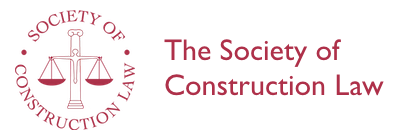A Ticket to the South of France or Rough Justice? Construing Ambiguity in Manchikalapati v Zurich Insurance
John Steel
November 2020
A paper based on the second prize winning entry in the Hudson essay competition 2019
The paper analyses the issue of textualism versus contextualism in the interpretation of contracts, as highlighted by the apparent return to textualism in the judgment of the Court of Appeal in Manchikalapati v Zurich Insurance. The author argues that the court’s approach remains that factors forming the context to the language are essential when the provisions of a contract are ambiguous. The paper dissects the judgment of Manchikalapati, the disputed clause, the competing constructions and the court’s resolution of them, while also commenting on the court’s decision on an interrelated ‘costs incurred’ point. It goes on to analyse the judgment’s significance in the context of similarly worded, and widely used, building warranties.
Introduction – Part 1: Construction and the retreat to textualism – Part 2: The disputed clause, the competing constructions and the court’s resolution – A The background to Manchikalapati – B The claims under the Policy – C The Court of Appeal’s finding on the Maximum Liability Cap – i Ambiguity – ii The language of the other provisions – iii Insurance and special rule of construction – iv Bringing the threads together – D Reasonable costs or the reasonable costs incurred? – Part 3: A counterfactual: the judgment as a ticket to the South of France? – Part 4: The wider significance of the construction – Part 5: Conclusion
The author: John Steel is a barrister practising from Keating Chambers.
Text: 15 pages
